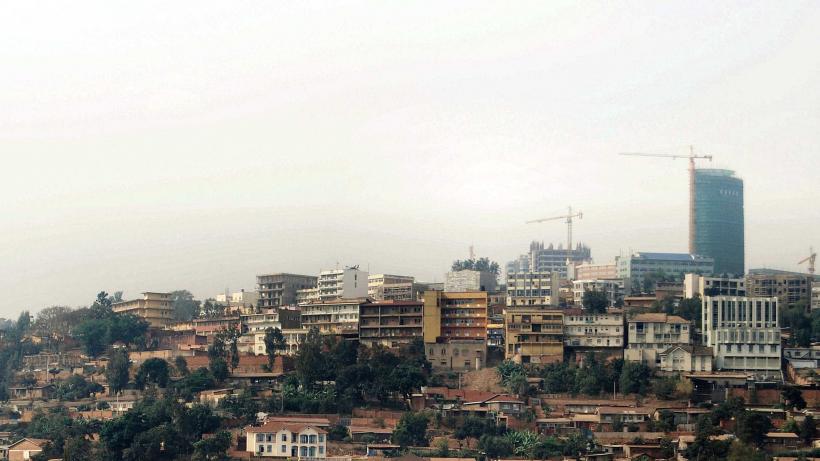
Urbanisation in Sub-Saharan Africa: Policies for Success
-
African Urbanization: an Analytic Policy Guide
PDF document • 326.23 KB
Africa is rapidly urbanising: it is the most important structural transformation underway in the region. By 2050, almost regardless of government policies, its urban population will have tripled. But the consequences are critically dependent upon policy choices: successful urbanisation requires active and far-sighted government. At its best, urbanisation can be the essential motor of economic development, rapidly lifting societies out of mass poverty. At its worst, it results in concentrations of squalor and disaffection which ferment political fragility.
To date, African urbanisation has been dysfunctional, the key indication being that cities have not generated enough productive jobs. If urban policies remain unchanged, future urbanisation is likely to result in similar outcomes.
Professor Sir Paul Collier set out how changed policies could unlock the potential of urbanisation for prosperity. Primarily, he set out the economic forces underlying this potential, and the specific policy actions they require. But policy actions do not just happen: they are generated by political processes that confer authority and capacity on public institutions. The talk concluded with a discussion of how politically urban policy-making might be improved.
Professor Collier's paper is available for download below.
For any questions about this event, please contact [email protected].


